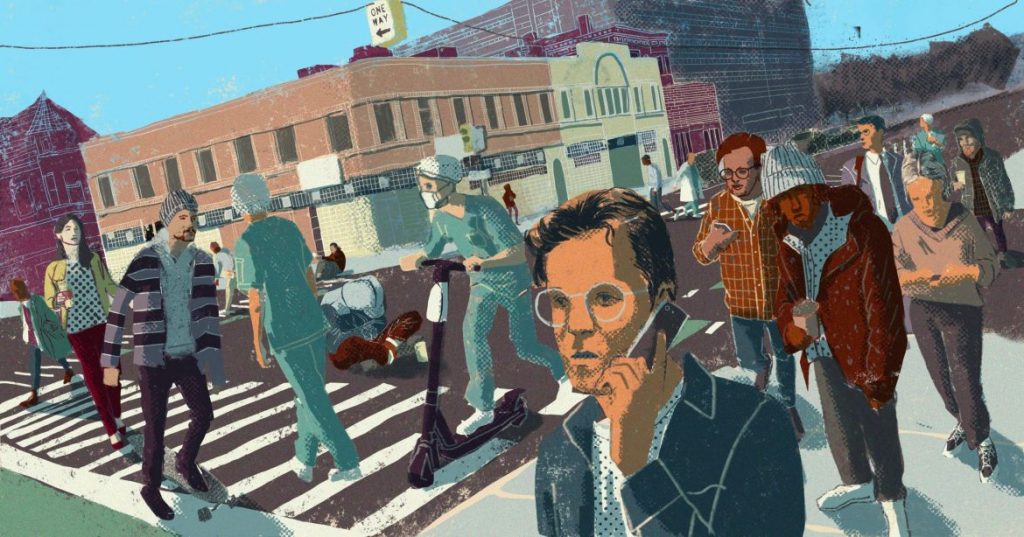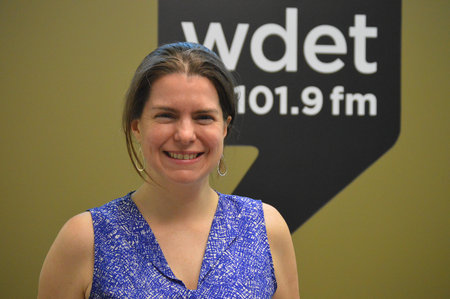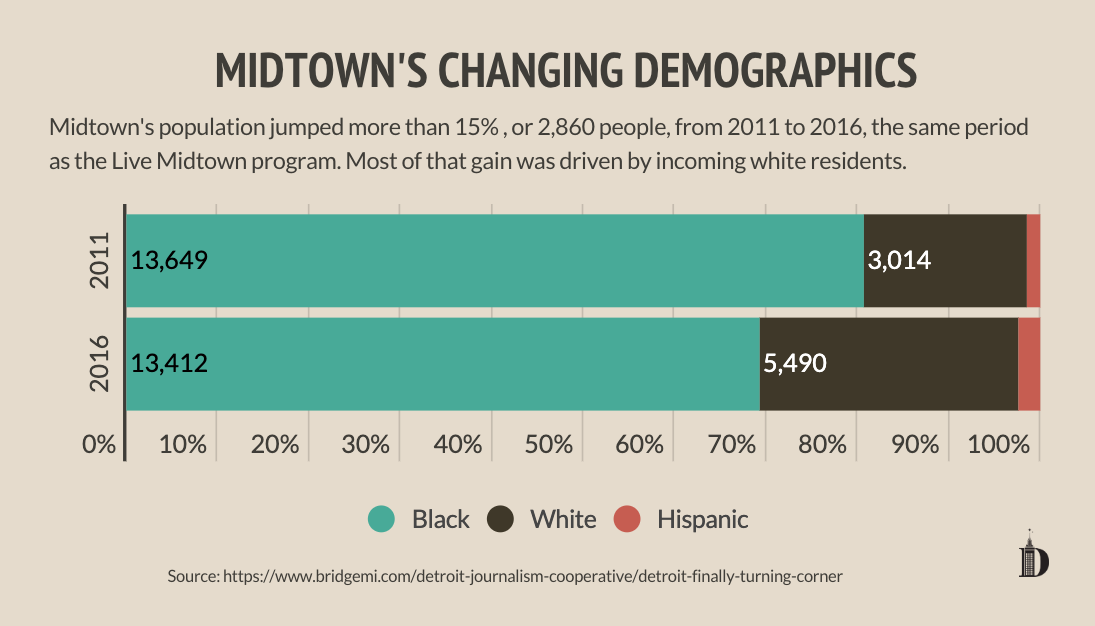Detroit’s ‘Live Midtown’ Relocation Incentive Program Revisited 10 Years Later
Live Midtown was a program to encourage employees who worked in Detroit to live there too. Journalist Anna Clark reports on it’s effects on the neighborhood we know today.

It was about nine years when the Live Midtown program was launched in Detroit. The initiative offered subsidies to employees at several institutions, and it was aimed at increasing population at a time when the city was struggling to keep people in the city.
It was an interesting experiment that launched conversations around gentrification and other social equity issues.
Live Midtown tested “our ideals about how we make, invest and inject some needed support in neighborhoods.” – Anna Clark, journalist
Detroit Today host Stephen Henderson talks with someone who recently took a deep dive into the origins and legacy of Live Midtown.
Listen: How Live Midtown shaped the neighborhood we know today.
Guest

Anna Clark is a Detroit based journalist and the author of “The Poisoned City: Flint’s Water and the American Urban Tragedy.”
Clark took a closer look at the incentive as part of a new community journalism project being spearheaded by Detour Detroit. Clark says the fact that Henry Ford, Detroit Medical Center and Wayne State University were offering subsidies to their employees to try to lure them to live in the area “effectively selected for income level,” when it came to who was the intended target of these subsidies.
Read: What happens when you give people cash to move to Detroit

Clark says the program did “kind of test our ideals about how we make, invest and inject some needed support in neighborhoods.” Throughout the program’s launch and implementation, Clark says there were conversations about how this was not only addressing the city’s decreasing population but also in some ways, changing the face of the city. She says the piece doesn’t mean this is the end of the conversation.
“When we put stories out there like this, it’s not done once it’s out there. A major part of the experience is just listening to what comes next,” says Clark. In discussing using subsidy programs for the future, she urges people to ask “how do we do this in a way that doesn’t replicate inequitable solutions from the past?”
Support the news you love.
Here at WDET, we maintain our journalistic integrity through independent support from readers like you. Because you value WDET as your source of news, music, and conversation, please make a gift today.
